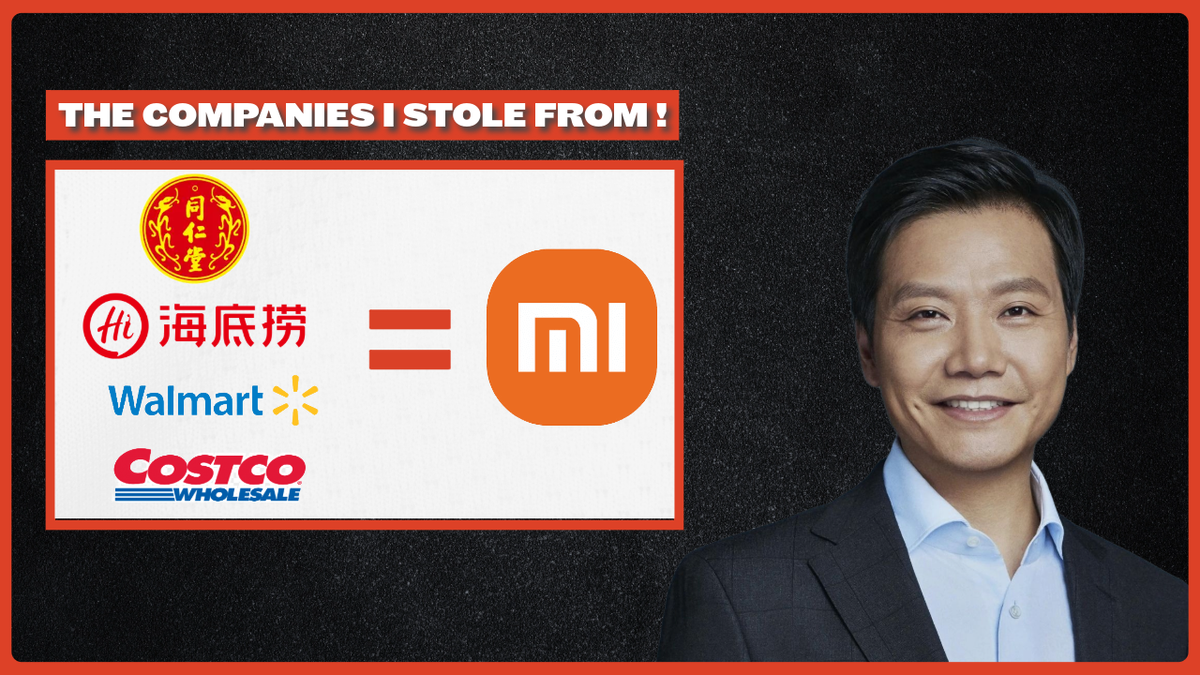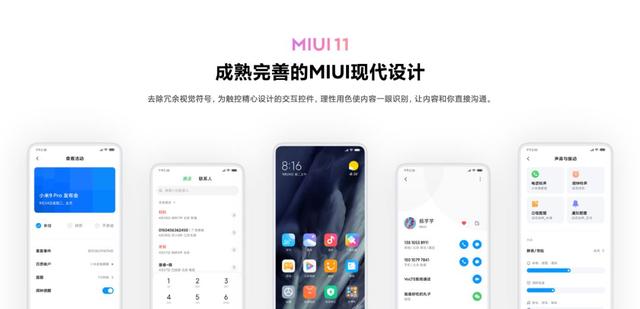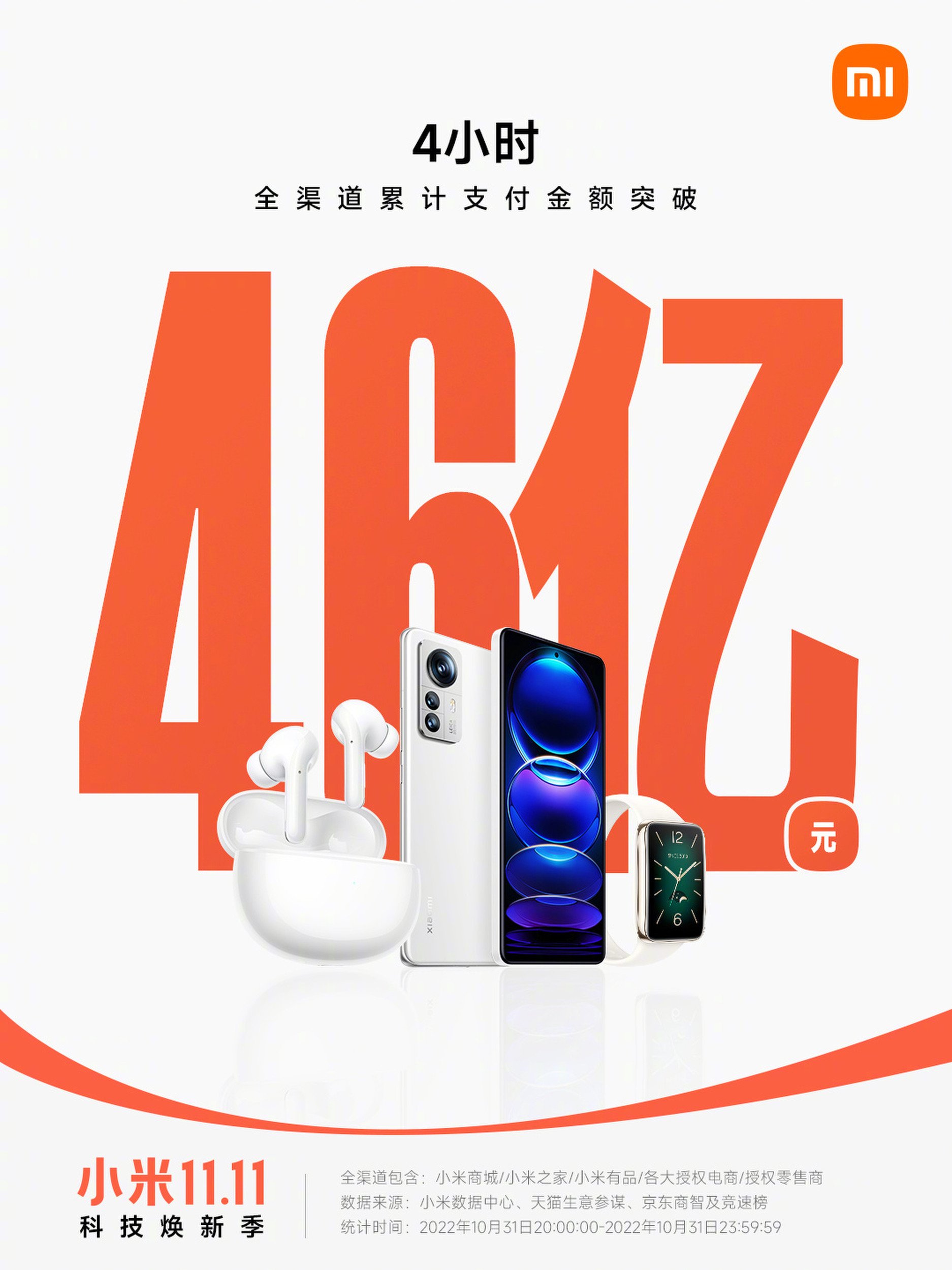How Xiaomi Stole from HaidiLao

The following post focuses on the lesson Lei Jun, Xiaomi's founder, learned from Haidilao about exceeding consumer expectations.
This is a follow on from the first post.
Once again, the original speech can be found here.
(Keith's little note: 1) In translating this speech, I tried to be true to the spirit of his words and did not translate it word for word. If you want a literal translation, ChatGPT could do it for you 2) I add parentheses for commentary)
Learning From Haidilao : Build A Reputation by Exceeding Expectations

Several years ago, I bought a book called You Can't Learn from Haidilao at an airport bookstore.
After reading for three or four hours, I discovered Haidilao's secret. It boils down to one thing: Reputation.
(The words used by him are 口碑. This means the kind of reputation built through word-of-mouth that cannot be bought.)
How can you build a strong reputation?
Many people jump to word-of-mouth marketing. But once you think about marketing, the matter is dead.
You must first think about what gets people praising you.
After reading this book, I went to Haidilao. Like most hotpot restaurants, Haidilao's environment was cacophonous. What surprised me was the genuine warmth radiating from the smiles of Haidilao's wait staff.

(Celebrate any birthday at Haidilao. The service staff sing to you like they are your friends)
In other service businesses, you might find better-dressed or more attractive employees. Yet, their smiles feel rehearsed. (As Lei Jun puts it, the skin smiles, but not the flesh).
Conversely, the Haidilao's wait staff have smiles that can truly touch one's heart.
The essence behind the Haidilao smile is what I term "value alignment" - a shared understanding between the employees and the company on the shared values that drive success.
A remarkable story that went viral on Weibo a few years ago perfectly illustrates my point. (The original post in Chinese can be found here.)
A customer wanted to take home some leftover watermelon after dining at Haidilao but was initially rejected.
However, when he finished paying, a waiter approached him with a whole, uncut watermelon, saying, "We heard you wanted to take some home, so we prepared this for you. A whole watermelon is more hygienic to take away than cut pieces."
That gesture deeply moved the customer. Moments like these make you realise the true power of exceptional service. So, when we talk about building a reputation by word of mouth, we mean creating experiences so remarkable that people can't help but share them.
(Lei Jun explains in further detail why it is better to undersell and overdeliver by recounting his journey to the Middle East)

I later went to the Burj Al Arab hotel in Dubai. My initial attitude was one of great reverence. As soon as I entered, I saw that it was indeed resplendent with gold and jade. Yet, my modern sensibilities didn't perceive such aesthetics as luxurious but rather gaudy.
Naturally, I felt disappointed. Is this really the best hotel in the world?
But as I reflected on the experience, I realised my expectations were too high. Al Mahara, the best restaurant in Burj Al Arab, was shockingly amazing. But I expected far more from a place many dubbed "the world's best hotel." Hence, I left disappointed.
The core of creating a reputation is exceeding user expectations. The service at the Burj Al Arab is objectively better than Haidilao, but given the premium pricing, that was to be expected.
Haidilao might be considered shabby and noisy, but its detail-oriented service blows away its customers, thereby explaining its invincible reputation.
With such an invincible reputation, where people would voluntarily speak positively of you, do you still need to advertise?
I believe in building a reputation. Making the finest product and delivering the best service will create organic marketing opportunities.
Quality speaks for itself—folks will gladly become your advocates when you've got something exceptional.
Applying Service Excellence to Xiaomi
(Now, how did Lei Jun apply those principles to Xiaomi?)
In the beginning, people were skeptical about my insistence on building a reputation silently.

However, we achieved great success when we focused on exceeding user expectations with the MIUI product. Having reached its 11th version today, MIUI still dominates user polls as the most user-friendly system, a testament to its enduring appeal and continuous improvement.
So, while advertising can only be occasionally effective, a reputation built by word of mouth is far more powerful.
Why do we find health supplement promotions so annoying?
They constantly oversell themselves and bombard us with so many annoying ads to the extent that consumers completely lose trust. If you don't depend on advertising, you will genuinely care for each user and strive to exceed their expectations in everything you do.
(Lei Jun offers two examples on how Xiaomi tried to implement Haidilao's principle of world-class customer service)
During the launch of our first-generation Xiaomi phones, I came across a user's complaint on Weibo: "After just two weeks, my phone's battery won't charge." I was about to respond when I noticed one of my colleagues had already responded. The next day, I saw a follow-up post from the same user, saying, "Xiaomi's team has already sent me a brand new battery, free of charge!"
Mass-produced industrial goods can't be perfect. When users complain, most companies suggest a return for warranty servicing. Our staff, however, sent him a new battery, which now gives the user a much more delightful experience.
(Note: The standard option is often an impersonal and cumbersome process- where users are expected to go through the hassle of shipping the item back, waiting for repairs, and receiving it again later. Xiaomi's approach here is much more customer-centric.)
Here is another example.

On Singles' Day (November 11th), we had a customer place an order just after 1 AM, and remarkably, the package arrived at their doorstep by 6 AM the same morning. The customer was astounded, calling Xiaomi's logistics "absolutely crazy" – in the best way possible. Our commitment to swift delivery won the heart of this customer.
As such, at the core of your reputation is how well you exceed expectations.
Cultivating your reputation via word of mouth will inevitably improve your products and services. With such relentless effort, improving your reputation will come naturally.
Once again, the key to building a reputation is not through using social media to promote your product. The key lies in earnestly considering how to touch consumers with your products and services.
Thus, I learnt the art of building one's reputation through Haidilao.
In the next and last post, I will share the translation of Lei Jun's lessons from Costco and Walmart and what he thought the internet's true value to Xiaomi actually was.